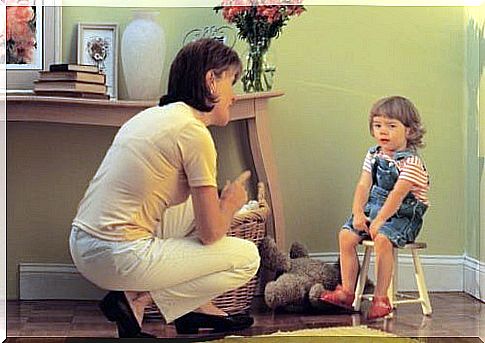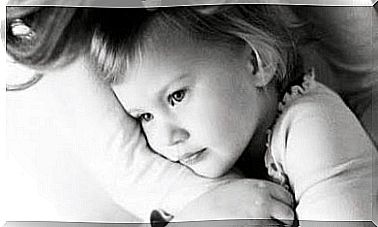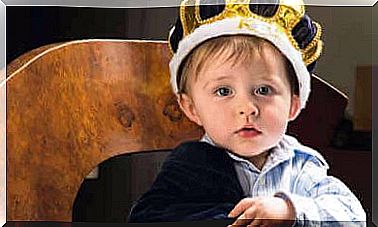The Dangers Of A Spoiled Child: Learn To Say No!

What is the biggest danger of having spoiled children? That they don’t know limits and don’t know how to deal with the frustration of not being able to have or do what they want.
We are all afraid of tantrums, especially if we are in public. I think it’s the trait we most notice and despise in a naughty child. But that’s just a consequence of a spoiled child’s personality.
And the fact that the child has a tantrum does not mean that he is a spoiled child. There are ages when tantrums are frequent and you as a mother or father must learn to deal with them and know that this is a phase that you will overcome together.
I insist. For me, the worst consequence of a spoiled child is not knowing the limits, knowing how to behave and what is expected of him. More than saying no to everything, saying no to this or that, not to do something, the idea is to make the child develop a minimum of awareness. And also let her know, always respecting her possibilities and her age, what she can do and what she cannot.
“We want to get to the point where the child develops a true desire to cooperate, without the threat of punishment or waiting for rewards. In other words, that our son or daughter can learn to self-regulate, without depending on constant vigilance”, says Violeta Alcocer, who studies the current of children with attachment, in one of her articles.
The most suitable thing, continues Violeta, who is also a blogger, is for your child to become the guardian of himself. May he guide his life from the ethics and values he consciously decided to incorporate into his emotional baggage.

What are the limits?
The limits (these ones, about which there is so much talk and which no one really knows what they are) are nothing but the common place where my needs meet with the other’s. It is the space from which healthy balance is destroyed, the framework within which our healthy relationships with ourselves, with others and with the environment around us are.
In another of her articles, Violeta shows that limits are not always related to firmness, authority or the ability to say “no”. They are actually related to the ability to match our needs with those of our children in a harmonious way.
On the other hand, expectations are what we expect of our children and what we expect of ourselves as parents and as a family. Limits and expectations are two closely linked concepts, as our expectations are the reference point of our limits. They define our limits, argues Alcocer.
It’s not enough to say no
It is important to think about the role of no in a child’s life. “Personally, I am against theories that propose the “no” as an educational practice. These are often theories that invite us to consider that active frustration, that is, deliberately denying children’s requests, is necessary and encourages growth. They defend that this is what the child will find in life.”, conceptualizes the specialist.
For this learning to take place, it is essential that when faced with one request or another from our child, instead of ending the matter with a “no” and doing other things, we should be able to say “yes, but only so far”. The categorical “no” is correct when what comes next is a shock that will electrocute the child. Also when what comes next is a slap on a brother or anything else that despises what we consider as respect or as a fundamental part of our coexistence or good conduct.

Learning to speak and understand
In her books, psychologist and writer Rosa Jove explains a theory for dealing with her son’s tantrums. Among her advices, she recommends understanding her child always with tenderness.
It is an exercise that requires a lot of self-control and patience. It’s vital to first analyze yourself which situations make you mad and which ones you can’t handle. You also need to look at your child’s weaknesses and explain why he can’t get the candy he asked for or shouldn’t do certain things, for example.
The specialist recommends always telling your child that you love him or her. Saying that it is likely that you do not agree on some things, that you may deny certain objects or limit certain actions, but that you still love him and that this will never change.









